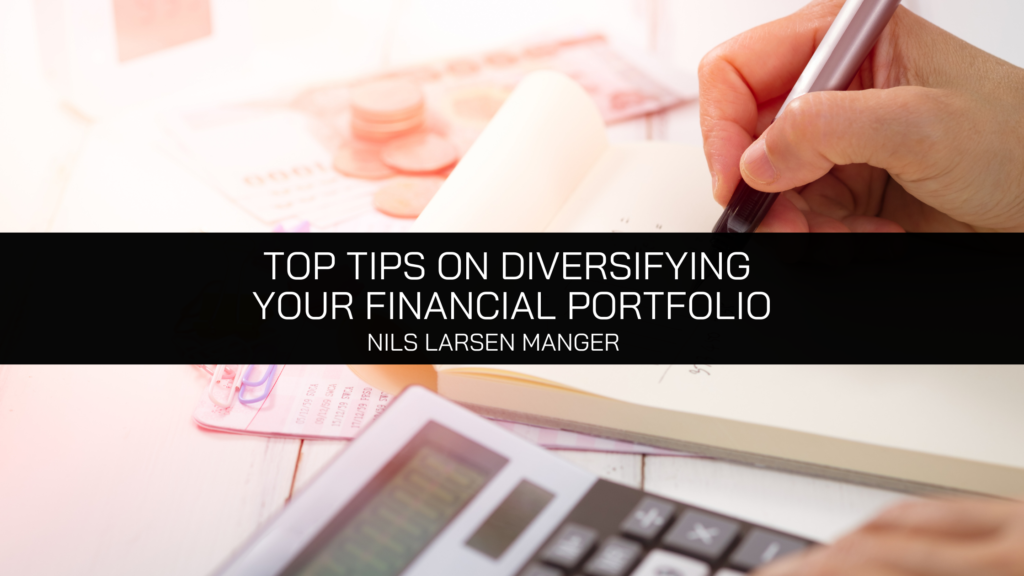Portfolio Manager vs. Fund Manager


When choosing a fund manager, there are a few things to consider. The first is whether or not the manager is a Chartered Portfolio Manager (CPM) or a Certified Investment Manager (CIM). This credential indicates that the manager is a professional with a high level of experience in managing assets. Then, consider how much time the manager dedicates to the job.
Differences between a fund manager and a portfolio manager
There are some fundamental differences between a portfolio manager and a fund manager. The former is a professional who oversees investment allocations for a particular investment vehicle, while the latter deals with more specialized investments. The job of a portfolio manager is to evaluate risk and change investment strategies as things change.
A portfolio manager allocates assets on behalf of a large investment firm, a small independent fund, or a proprietary investment vehicle. In this role, they are responsible for making investment decisions and meeting with analysts to monitor markets and institutions. This role is very important as it directly affects the overall returns of a fund. Most of the time, these professionals have a lot of experience managing money and have been successful in the past.
The three P’s—people, process, and philosophy—are often used to describe investment managers. A fund manager’s philosophy is the overarching belief system behind the organization’s investments. It can include buying growth or value shares, using market timing, or relying on external research. Each of these has distinct characteristics, risk, and returns.
The Chartered Portfolio Manager credential
A Chartered Portfolio Manager credential is a credential that demonstrates your expertise in fund management. The designation is given by the American Academy of Finance and Management and is recognized by more than 150 countries. This designation demonstrates your expertise and commitment to the fund management profession. It also indicates that you have the knowledge, skills, and ethics to excel in the industry.
A candidate for this credential typically has at least three years of relevant experience managing investments. They also need to have completed graduate-level studies in finance or a related field. In addition, they must have earned a CPA or a Master of Science (MS). To get the credential, candidates must take and pass five American Academy of Financial Management-approved courses.
A Chartered Portfolio Manager credential for fund managers is recognized by investment companies. This credential is awarded to investment professionals who have completed extensive education and are highly skilled in the field. To become a CPM, candidates must have three years of experience managing investment portfolios. They also need a CPA license or another license in accounting, and they have to do 15 hours of approved continuing education every year.
Fiduciary duty
A fiduciary duty is the legal obligation that an investment manager has to act in the interests of his or her client. It requires that an investment manager act in the client’s best interests with no conflicts of interest. This duty applies to many types of professionals, including insurance agents, investment fund managers, and bankers.
Fiduciary duty is an important part of the investment management industry. Mutual funds have unique qualities that make them special, and fiduciary obligations reflect that. Regulatory frameworks also have an impact on this duty, which applies to both fund managers and portfolio managers. Fiduciary duty is important in the investment industry as it ensures that a manager will act in a client’s best interest.
When an asset manager makes an NZAMI commitment to a client, he or she owes that client’s interests their first priority. The NZAMI Commitment can lead to conflicts of interest. Asset managers often have different goals than their clients when it comes to making the most of their assets.
Hours
A fund manager’s hours typically include answering emails and researching securities. Some time is also spent on running sensitivity analyses and updating financial models. A portfolio manager’s hours can be considerably different from those of a fund manager. They usually meet with clients throughout the day to discuss financial planning and current performance, but they also tend to think long-term and rarely make significant changes to their investment portfolios.
A portfolio manager typically manages large funds. Their hours will include meetings with staff analysts and potential investors. These meetings can take place in person or via phone. Large fund managers also conduct interviews with financial journalists and give a brief overview of current economic conditions. Their appearances in the media also help them promote their investment vehicles.
Fund managers generally work fewer hours per week than their counterparts in investment banking. But they are often paid well. Some are even able to afford private jets. A benefit of this kind of job is the good work-life balance. A fund manager is typically required to be in the office at the start of the day to monitor the markets. But unlike an investment banker, a portfolio manager also has plenty of time to spend with their family, including time on weekends.

